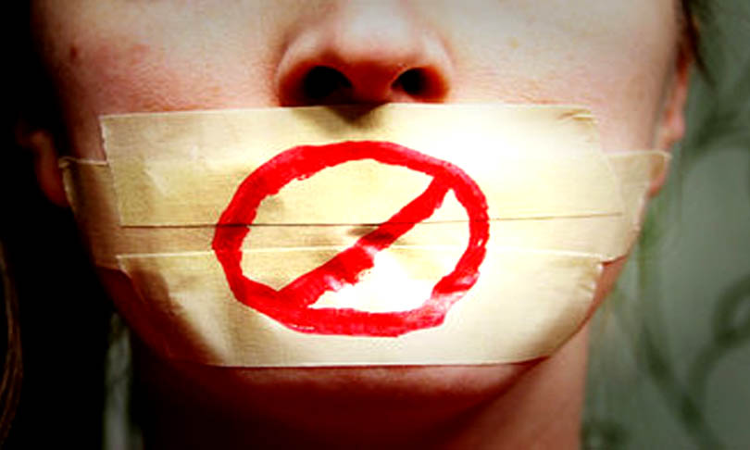Defamation Cases For Reporting Details Of FIR Nothing But Attempt To Stifle Reporter: Bombay High Court
Sharmeen Hakim
25 Jun 2022 10:30 AM IST

Next Story
25 Jun 2022 10:30 AM IST
A factual news report on the contents of an FIR is not defamatory and initiating criminal action against the reporter in such a scenario is nothing but an attempt to stifle the scribe and coerce him to withdraw the report, the Bombay High Court's Nagpur bench has said. Justice Vinay Joshi quashed an FIR against the Chairman of Lokmat Media Private Limited Vijay Darda and...
